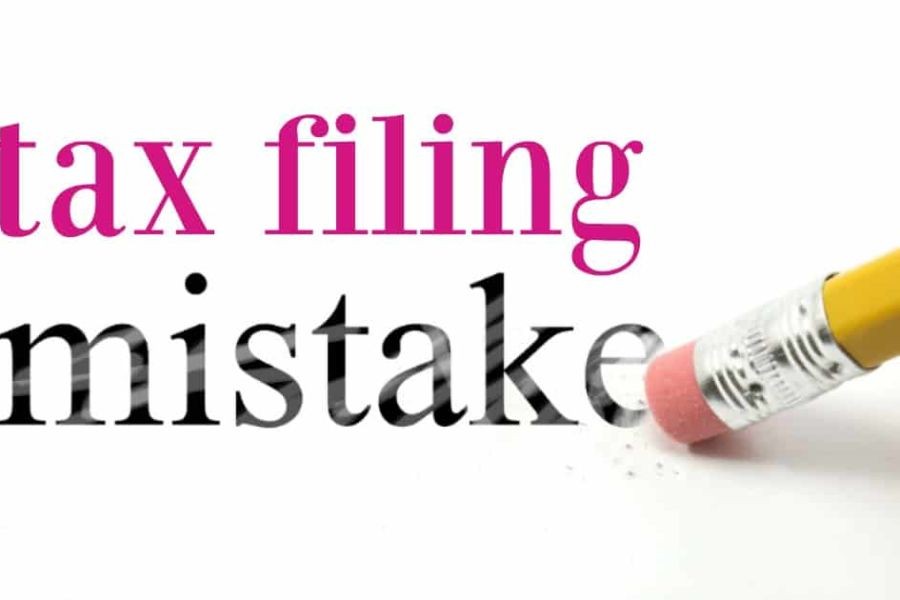In the bustling landscape of New Zealand's business environment, understanding the nuanced differences between branding and marketing is crucial. While these terms are often used interchangeably, they play distinct roles in shaping a company's identity and market presence. For Kiwi businesses, grasping this distinction can spell the difference between thriving in a competitive market or being overshadowed by more strategically aligned competitors.
The Essence of Branding and Marketing
Branding is the art of crafting an identity that resonates with consumers. It encompasses the values, mission, and overall image a company projects to the world. Marketing, on the other hand, involves the tactical strategies used to promote and sell products or services. It's the actionable component that drives consumer engagement and sales.
Branding: Building Trust and Loyalty
Branding is about creating an emotional connection. In New Zealand, where community and authenticity hold significant value, companies like Air New Zealand have excelled by emphasizing local culture and sustainability. This approach not only fosters loyalty but also aligns with the growing consumer demand for corporate responsibility.
Marketing: Driving Action and Engagement
Marketing is the vehicle that communicates a brand’s message to the target audience. It includes advertising, social media campaigns, and content marketing strategies designed to engage potential customers. In New Zealand, businesses are increasingly leveraging digital marketing techniques to reach tech-savvy consumers, as reflected in a report by MBIE, which highlights a 25% increase in digital marketing investments among Kiwi enterprises over the past year.
Case Study: Xero – A Fusion of Branding and Marketing Success
Case Study: Xero – Navigating Global Expansion Through Strategic Branding and Marketing
Problem: Xero, a New Zealand-based accounting software company, faced the challenge of expanding into highly competitive international markets while maintaining its unique brand identity rooted in Kiwi innovation.
Action: Xero implemented a cohesive branding strategy that emphasized simplicity, efficiency, and user-friendliness—values that resonate globally. Concurrently, they executed targeted marketing campaigns focusing on their cloud-based solutions, which appealed to modern businesses seeking flexibility.
Result: Within five years, Xero's user base grew exponentially, with over 2 million global subscribers. Their strategic branding and marketing efforts resulted in a 38% increase in international revenue, solidifying their position as a leader in the accounting software industry.
Takeaway: Xero's success underscores the importance of aligning branding with marketing efforts. For New Zealand businesses, adopting a similar strategy can enhance global competitiveness and market penetration.
Data-Driven Insights: The New Zealand Context
According to Stats NZ, the digital economy contributes significantly to the nation's GDP, with a forecasted growth rate of 4.5% annually. This trend highlights the importance for Kiwi businesses to integrate robust marketing strategies that capitalize on digital channels while maintaining a consistent brand image.
Pros and Cons of Branding vs. Marketing
✅ Pros of Branding:
- Long-Term Value: A strong brand can create lasting customer loyalty and trust.
- Competitive Edge: Differentiates from competitors, making businesses more memorable.
- Price Premium: Consumers are willing to pay more for brands they trust and value.
❌ Cons of Branding:
- Time-Consuming: Building a brand can take years to gain recognition.
- Intangible ROI: Difficult to quantify the immediate financial return on brand investment.
✅ Pros of Marketing:
- Immediate Results: Can drive quick sales and consumer engagement.
- Measurable Outcomes: Easier to track the success of campaigns and adjust strategies.
❌ Cons of Marketing:
- Short-Term Focus: May lead to a temporary spike in sales without long-term brand loyalty.
- Over-Saturation: Consumers can become overwhelmed by constant marketing messages.
Common Myths and Mistakes in Branding and Marketing
Myth: "Branding is just a logo and tagline."Reality: Branding encompasses the entire customer experience, from product design to customer service. A comprehensive brand strategy involves consistent messaging across all touchpoints.
Myth: "Marketing is only about advertising."Reality: Marketing includes a wide range of activities such as market research, public relations, and customer engagement strategies.
Myth: "Once a brand is established, it remains unchanged."Reality: Brands must evolve with consumer preferences and market trends to stay relevant.
Future Trends: The Evolving Landscape of Branding and Marketing
Looking ahead, the integration of AI and data analytics in marketing is set to revolutionize how brands engage with consumers. According to a Deloitte report, by 2028, 75% of marketing leaders in New Zealand plan to adopt AI-driven strategies to enhance personalization and customer insights.
Conclusion
Understanding the distinction between branding and marketing is paramount for New Zealand businesses aiming to succeed in an increasingly competitive landscape. By leveraging both elements strategically, companies can build enduring relationships with consumers while driving sustained growth.
What strategies have you found effective in your branding and marketing efforts? Share your insights below!
People Also Ask (FAQ)
How does branding impact businesses in New Zealand? Branding helps New Zealand businesses build trust and differentiate themselves in the market, leading to increased customer loyalty and the ability to command premium pricing.
What are the biggest misconceptions about marketing? A common myth is that marketing is solely about advertising. In reality, it encompasses a broader range of activities including market research and consumer engagement.
What are the best strategies for implementing effective branding? Experts recommend starting with a clear brand identity, ensuring consistent messaging across all channels, and regularly evolving the brand to align with consumer trends.
Related Search Queries
- Difference between branding and marketing
- Importance of branding for small businesses
- Effective marketing strategies in New Zealand
- Branding vs. advertising
- How to build a strong brand identity
































svenodriscoll4
1 month ago